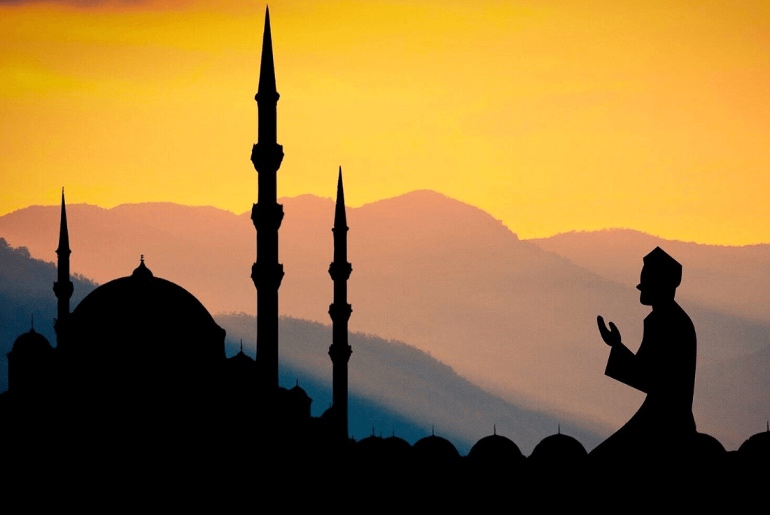Saudi astronomers have predicted that Eid Al Adha is most likely to begin on Friday, July 31. And, this also means that UAE residents will enjoy 4-day break combined with Arafat Day holiday.
As per astronomical calculations, the crescent of Dhu Al Hijja will be born on Monday, 20 July and will be clearly visible post sunset on Tuesday, 21 July. This also means that 22 July, will mark the first of Dhu Al Hijja, the 12th month of the Islamic calendar. However, the exact date of the holiday will be officially determined and announced by local authorities over the next week.
The first day of Eid Al Adha always falls on the 10th day of Dhu Al Hijja and one day after Arafat Day. Dhu Al Hijja will be sighted in Saudi Arabia the following Monday, 3 July. The Saudi Supreme Court urged citizens and expatriate residents to watch out for the Dhu Al Hijja, which also marks the beginning of the Haj pilgrimage.
How Will Eid Be Different this Year?
This year’s Eid will be very different, because of the Covid situation. Places of worship reopened to the public on 1 July, but restrictions remain in place. Mosques are open for daily prayers, but Friday prayers continue to remain suspended. A decision is yet to be made if Eid prayers will be allowed or if worshippers will be asked to perform their prayers at home.
What Will Be Different During Hajj This Year?
The Hajj pilgrimage this year, is set to be very different. The Kingdom of Saudi Arabia has reduced the number of pilgrims visiting Hajj this year to 1,000. In addition, two new rules have been added to ensure safety of worshippers. Pilgrims will be permitted to drink the holy water from the Zamzam well in Mecca. However, this will be pre-packed in plastic bottles. Similarly, pebbles that are usually picked up by pilgrims along hajj routes, will now be sterilized and handed over to worshippers at the time of arrival.
Meanwhile, did you know Saudi Arabia Increases Hajj Visa Fee By Six Folds.
Saudi Prepares For A Very Limited Hajj
For the first time in modern history, the Kindgom of Saudi has put a cap in the number of domestic pilgrims attending the Hajj. The number of pilgrims visiting Hajj this year has been reduced to 1,000. In addition, 70% of pilgrims allowed to make the pilgrimage this year will be from among foreign residents of Saudi Arabia and 30% would be Saudi citizens.
Saudi pilgrims will be selected from among healthcare workers and security personnel who have recovered from Covid. This is done as a token of appreciation for healthcare workers who have provided tireless care during the pandemic. The new rules also makes it mandatory that foreign residents in Saudi Arabia who want to participate in this year’s pilgrimage should be between the ages of 20 and 50, and that have not performed the hajj before.
All pilgrims must quarantine before and after the hajj and will be also be tested for Covid. Those eligible have until Friday, 10 July to submit an application through the kingdom’s Hajj Ministry’s website.
Hajj sites at Mina, Muzdalifah and Arafat will be accessible only to those with Hajj permits, for pilgrims and organisers, from July 19 until August 2, 2020. In addition, for the first time, Muslims abroad will not permitted to take part in the pilgrimage. The UAE Hajj Affairs Office (HAO) announced that the country will not participate in this year’s Haj. The decision was made in coordination with the Saudi Ministry of Haj and Umrah.
On another note, Saudi’s New Luxury Airport Is Designed To Look Like A Mirage. Seen it yet? Meanwhile, take a look at the 10 Worst Airports In The World.
Rules For Worshippers
1. Pilgrims will not be allowed to touch the Kaaba
2. Worshippers must keep a minimum distance of one and a half metres from one another during mass prayers and while performing tawaf
3. All visitors and staff must wear facemask at all times
4. Pilgrims must bring their own prayer mat and rug
5. All pilgrims must sleep in tents that follow guidelines on social distancing
Meanwhile, did you know This Is The World’s Only Place To Be Unaffected And Immune To Coronavirus.

